Seasonal Deworming Strategy: Fleas in Summer, Roundworms in Winter
Why Seasonality Matters in Parasite Control
Temperature and humidity fluctuations dramatically influence parasite lifecycles. Fleas (Ctenocephalides felis) thrive in warm, humid conditions above 65°F (18°C), with populations peaking in summer. Conversely, roundworm (Toxocara spp.) eggs persist in cool, moist soil, posing heightened risks during winter when pets spend more time indoors near litter boxes or soil tracks.
The Summer Flea Surge: Biology & Battle Plan
Accelerated Lifecycle: Flea reproduction speeds up exponentially at 75-85°F (24-29°C). Eggs hatch in 1-10 days, leading to rapid infestation.
Environmental Persistence: Up to 95% of the flea population exists as eggs, larvae, and pupae in carpets, bedding, and yards.
Summer Strategy:
Monthly Preventatives: Use vet-prescribed topical (e.g., fipronil, imidacloprid) or oral (e.g., spinosad, afoxolaner) treatments consistently before peak season.
Environmental Control: Vacuum thoroughly 2-3 times weekly, washing pet bedding >130°F (>54°C). Consider pet-safe yard sprays targeting shaded areas.
Combatting Resistance: Rotate active ingredients annually under veterinary guidance if reinfestations occur despite treatment.
Winter Roundworm Risks: Hidden Threats & Defense
Egg Resilience: Roundworm eggs possess a tough chitin shell, surviving freezing temperatures and harsh conditions for years in soil. Melting snow and tracked-in dirt expose pets.
Indoor Transmission: Close quarters increase risk from contaminated paws, shared bedding, or grooming.
Zoonotic Danger: Toxocara canis/cati larvae migrate in humans (visceral larva migrans), making winter control critical for families.
Winter Strategy:
Targeted Deworming: Administer broad-spectrum anthelmintics effective against roundworms (e.g., pyrantel pamoate, fenbendazole, milbemycin oxime) at strategic intervals. Consult your vet for frequency based on risk (e.g., every 1-3 months).
Paw Hygiene: Wipe paws after outdoor walks, especially before entering carpeted areas.
Litter Box Management: Scoop daily, disinfect weekly. Prevent access to outdoor sandboxes.
Implementing Your Year-Round Protection Calendar
| Season | Primary Threat | Core Actions | Supplementary Measures |
|---|---|---|---|
| Spring (Prep) | Rising flea/roundworm activity | Start monthly flea/tick preventatives. Perform fecal exam. | Begin yard cleanup. Treat environment if previous infestations. |
| Summer (Flea Focus) | Fleas, Ticks, Mosquitoes | Strict monthly preventatives. Environmental vacuuming/washing. | Use flea comb weekly. Monitor for hot spots/licking. |
| Autumn (Transition) | Persisting fleas, Rising worms | Continue preventatives. Schedule fecal test & deworming if needed. | Deep clean indoor areas. Treat yard before frost. |
| Winter (Roundworm Focus) | Roundworms, Hookworms | Strategic deworming (vet-recommended schedule). Rigorous paw/litter hygiene. | Limit access to potentially contaminated soil/mud. |
Critical Consideration: Always consult your veterinarian before starting or changing parasite protocols. Factors like geographic location, pet’s age/health, lifestyle (indoor/outdoor), and local parasite prevalence significantly impact risk levels and product selection. Prescription products like selamectin (Revolution Plus) or sarolaner/simparica trio often provide combined flea, tick, and roundworm/hookworm coverage, simplifying seasonal strategies.
Proactive Beats Reactive: Consistent, seasonally-tailored parasite management is vastly more effective (and economical) than treating established infestations or infections. Protect your pet year-round by respecting nature’s parasitic calendar.
Explore Dogs

Veterinarian Tips: Deworming Pregnant Dogs Safely
IntroductionDeworming pregnant dogs is essential to protect the dam and her puppies from congenital ...
Read More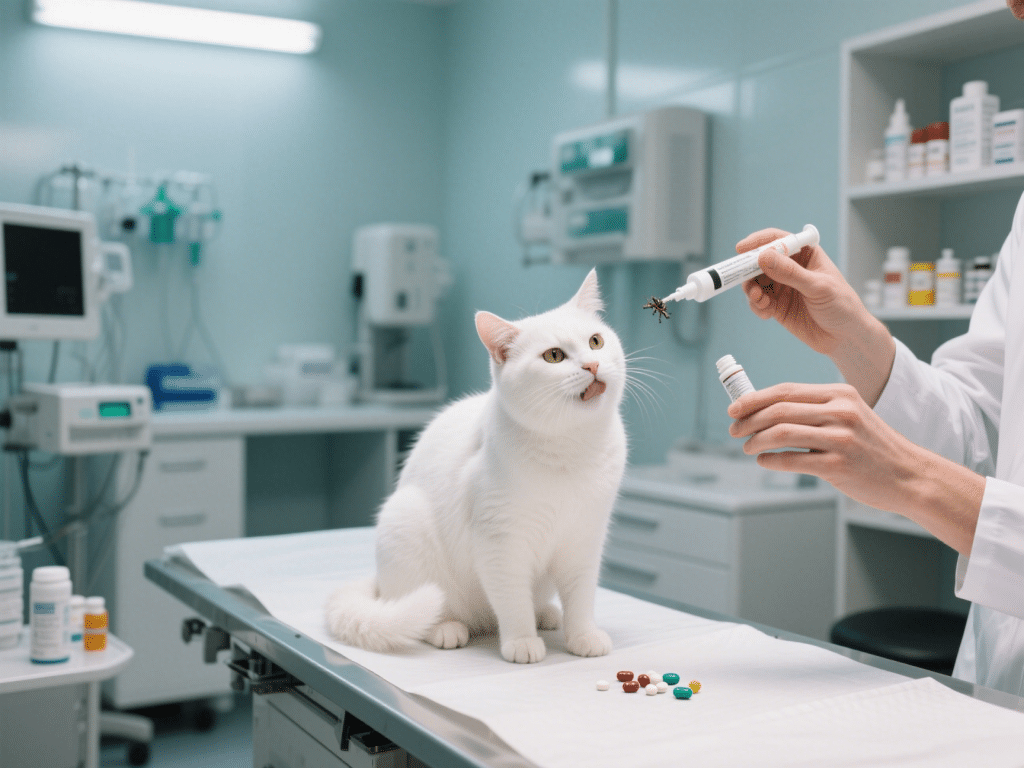
Comparing Spot-On vs Pill Dewormers for Cats: Pros and Cons
IntroductionCat owners often face the choice between spot-on (topical) and pill (oral) dewormers. Ea...
Read More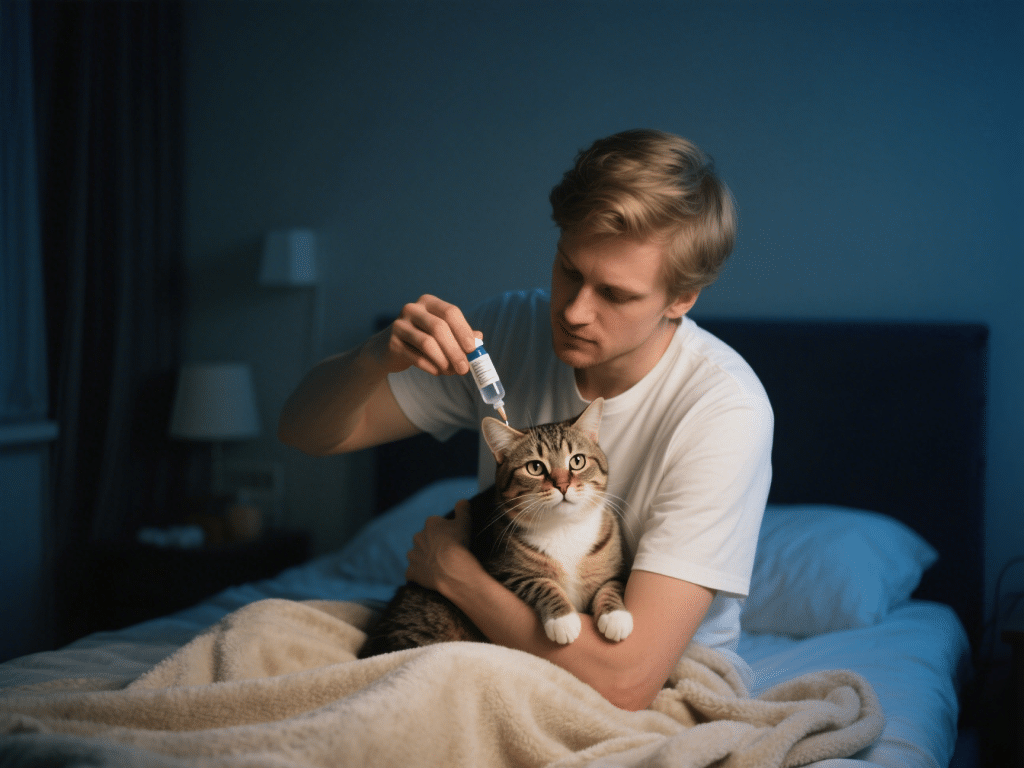
Step-by-Step: Administering Dewormer to a Nervous Cat
IntroductionAdministering oral medication to a nervous cat can be challenging. Stress can compromise...
Read More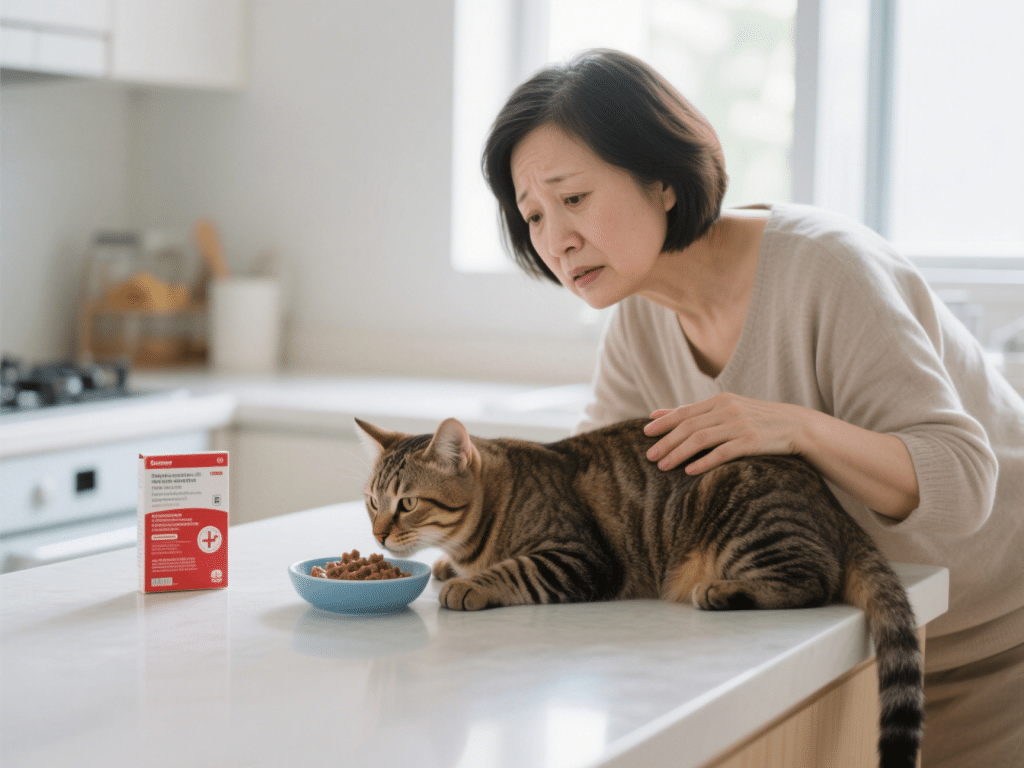
What to Do If Your Cat Loses Appetite After Deworming
Understanding Post-Deworming Appetite Loss in CatsIt’s common for cats to experience temporary app...
Read More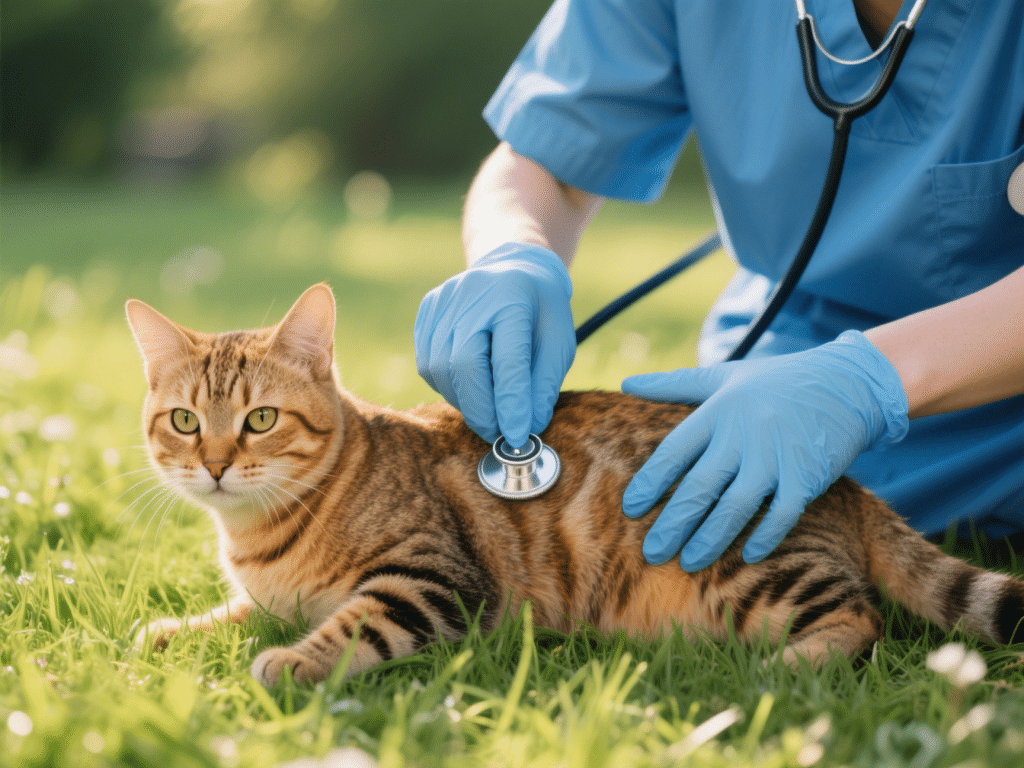
How Often Should You Deworm Your Cat? Adjusting by Season
How Often Should You Deworm Your Cat? Adjusting by SeasonProtecting your cat from internal parasites...
Read More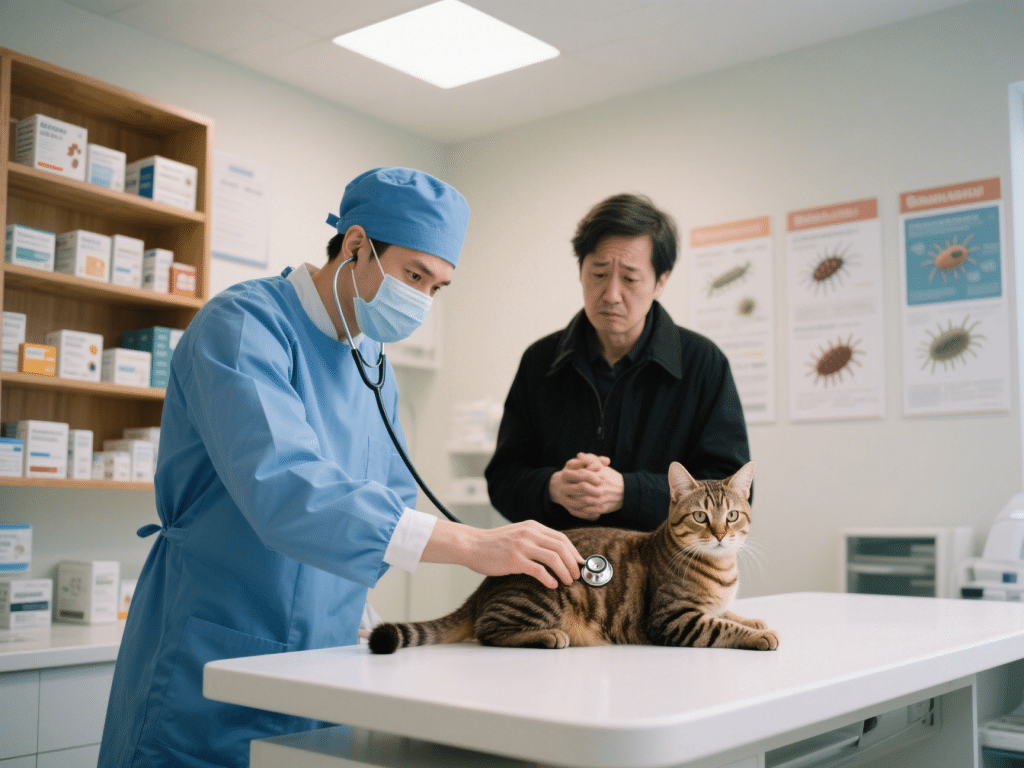
Top 10 Mistakes Cat Owners Make When Deworming (and How to Avoid Them)
Top 10 Mistakes Cat Owners Make When Deworming (and How to Avoid Them)Effective deworming is crucial...
Read More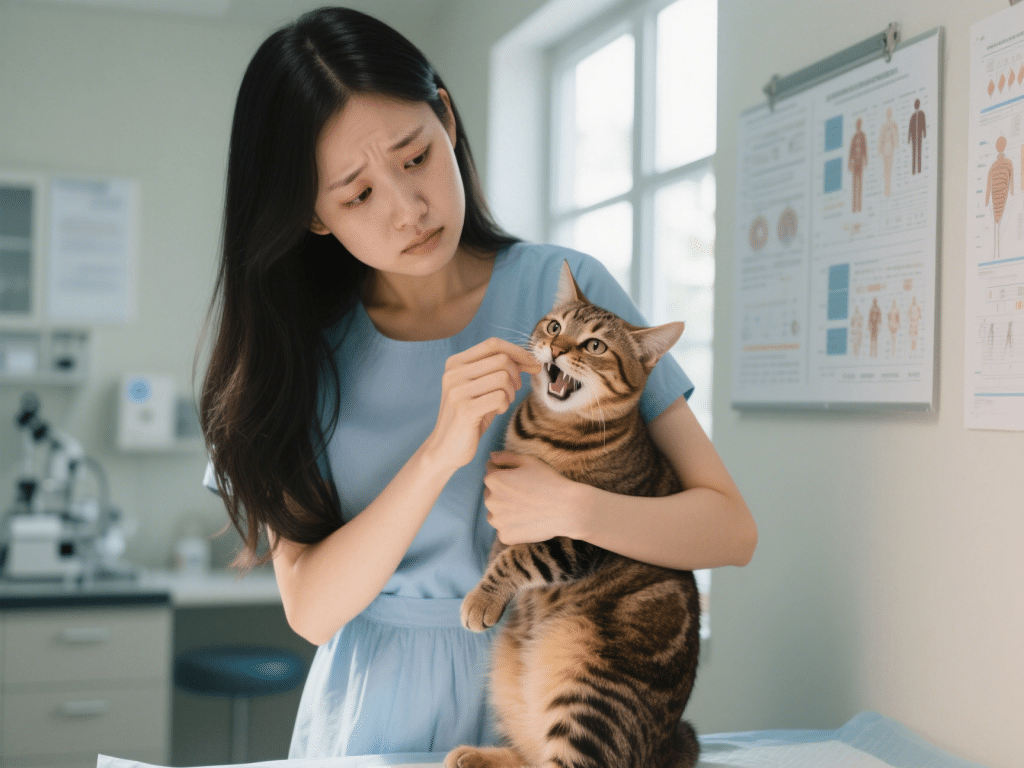
Why Is My Cat Drooling After Deworming? Causes and Care Tips
Why Is My Cat Drooling After Deworming? Causes and Care TipsNoticing your cat drooling after adminis...
Read More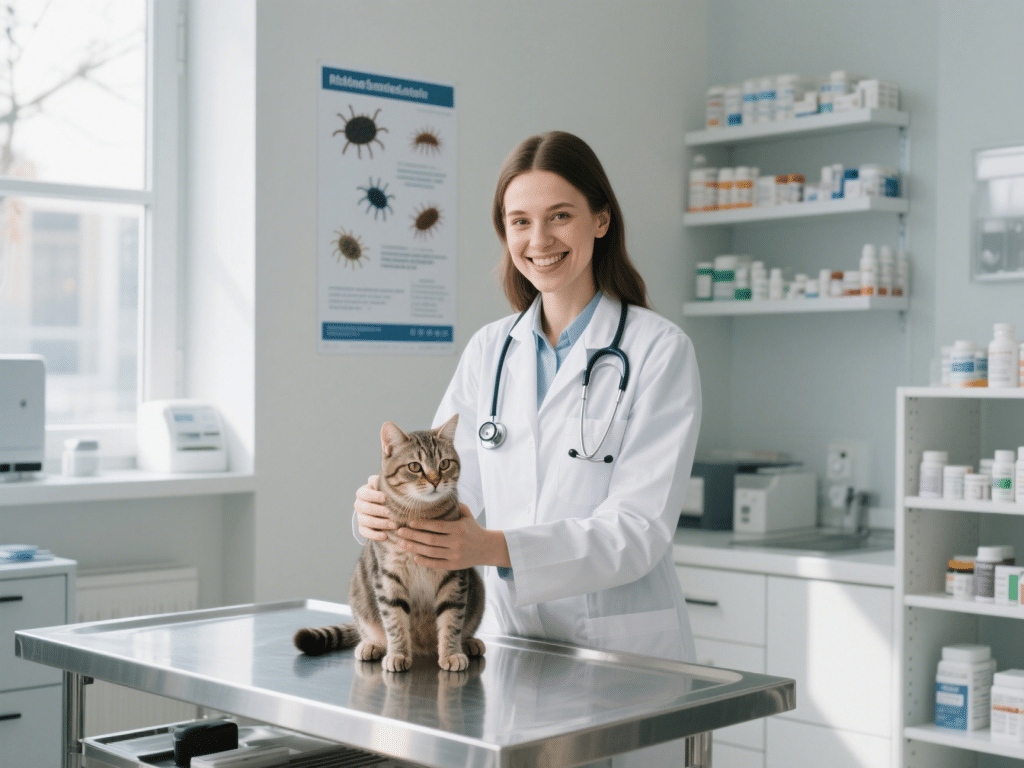
Top 5 Cat Dewormers Compared: Vet-Approved Options for Internal and External Protection
Top 5 Cat Dewormers Compared: Vet-Approved Options for Internal and External ProtectionIntroductionI...
Read More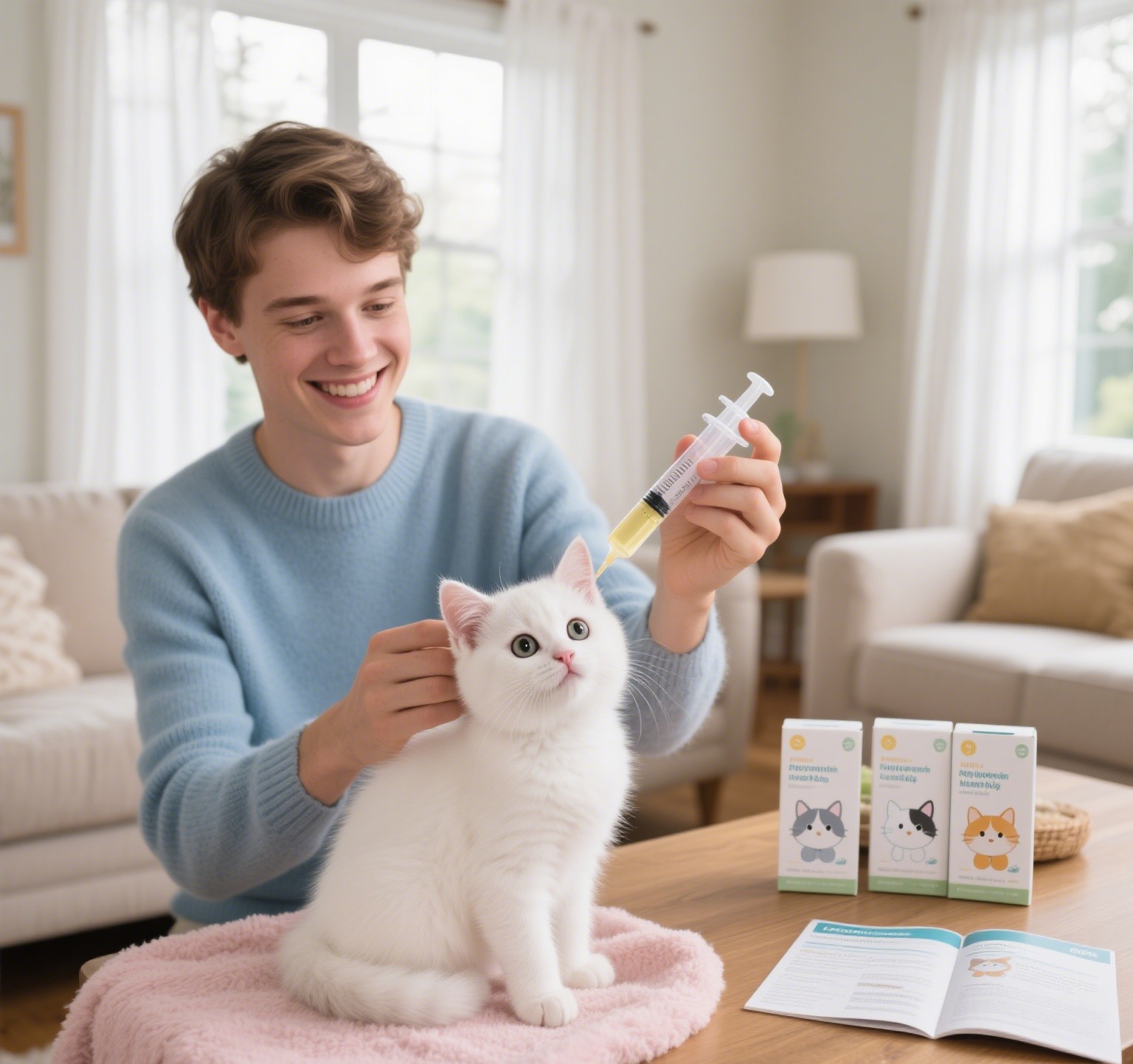
When Should You Start Deworming a Kitten? Best Products for Young Cats
When Should You Start Deworming a Kitten? Best Products for Young CatsDeworming is an essential part...
Read More